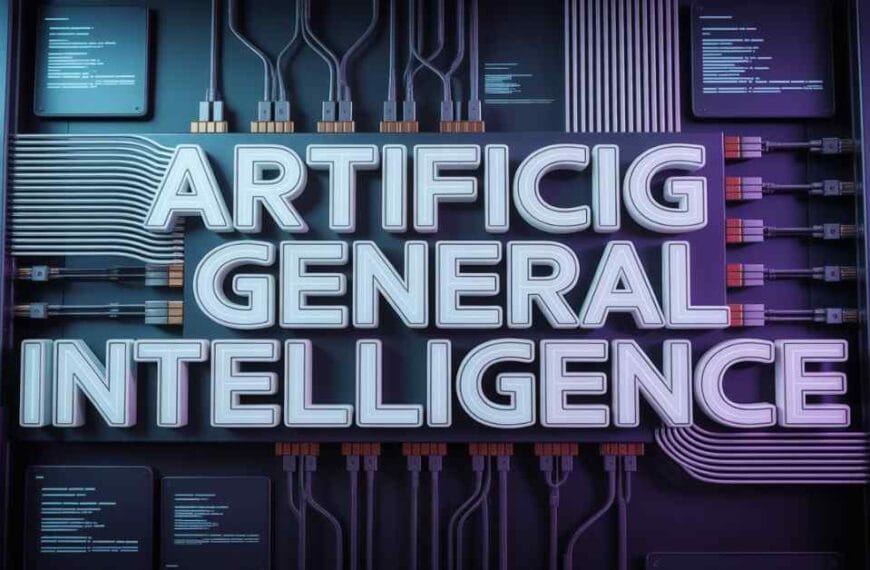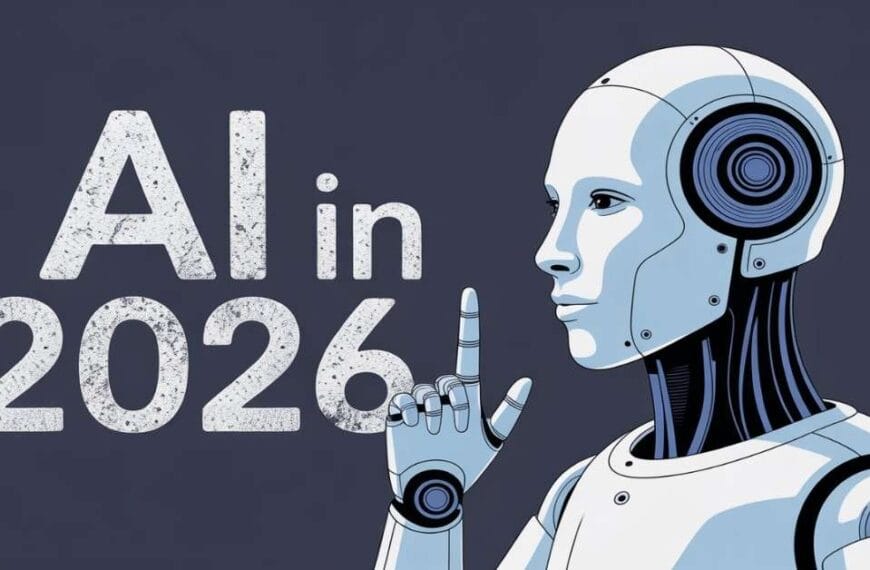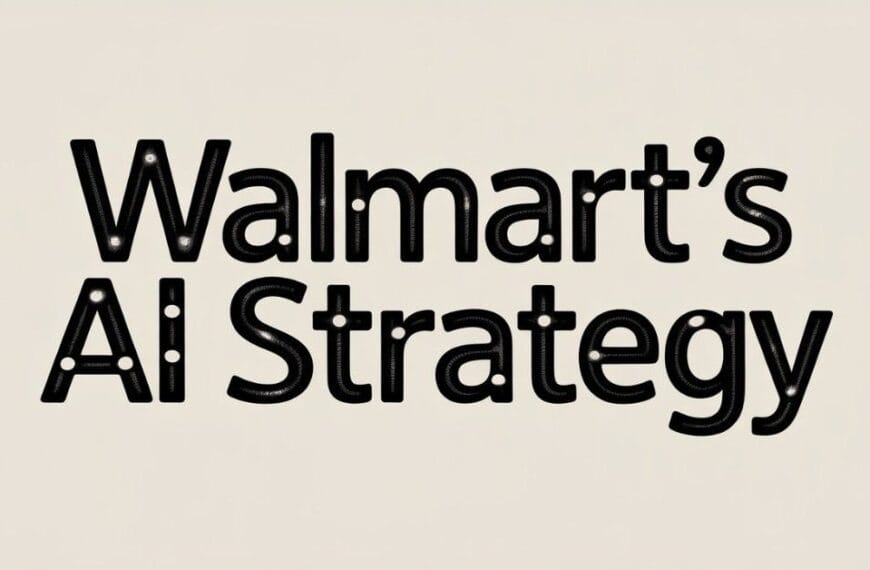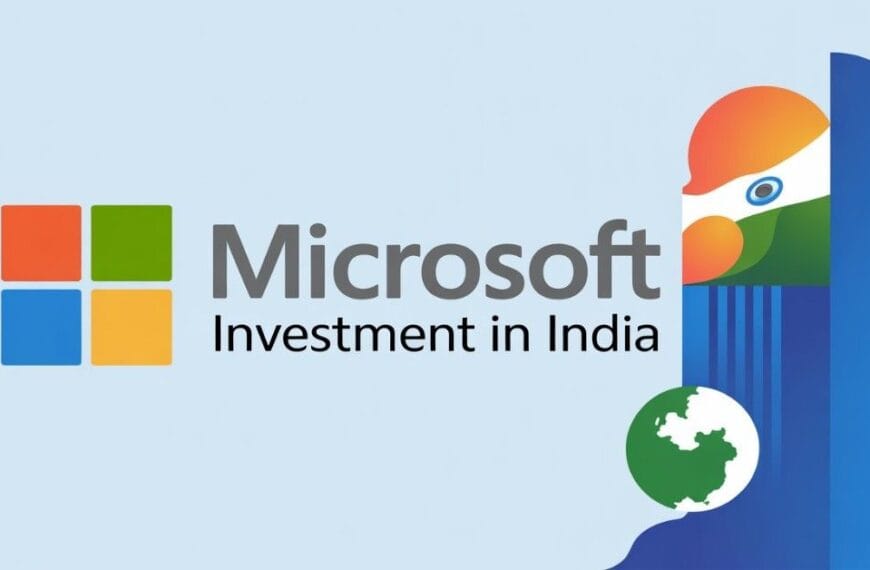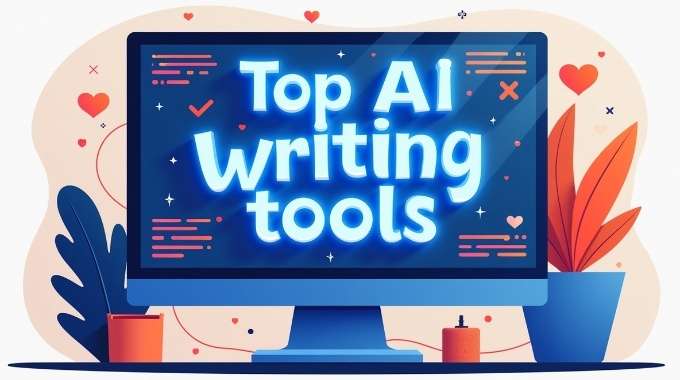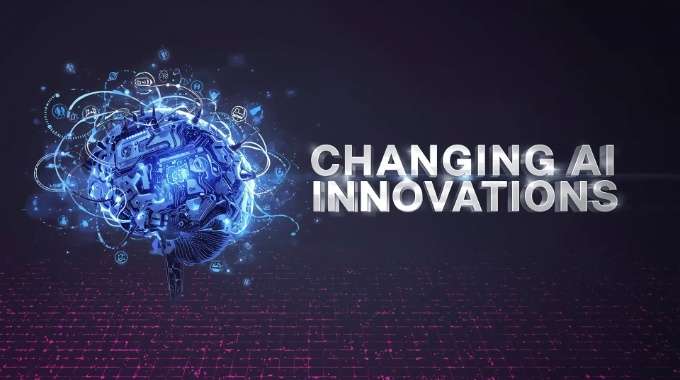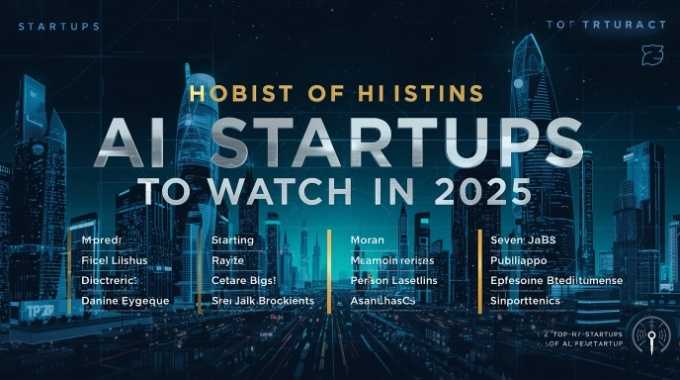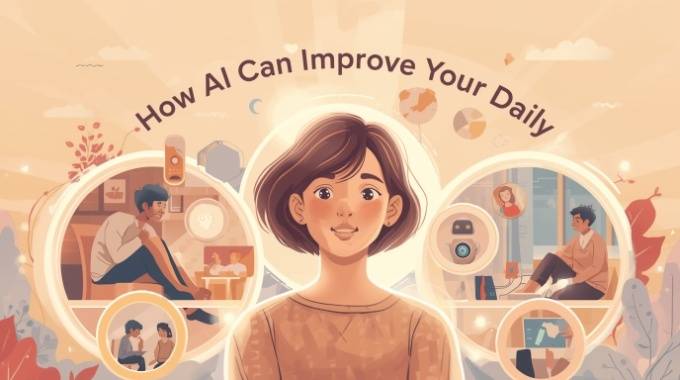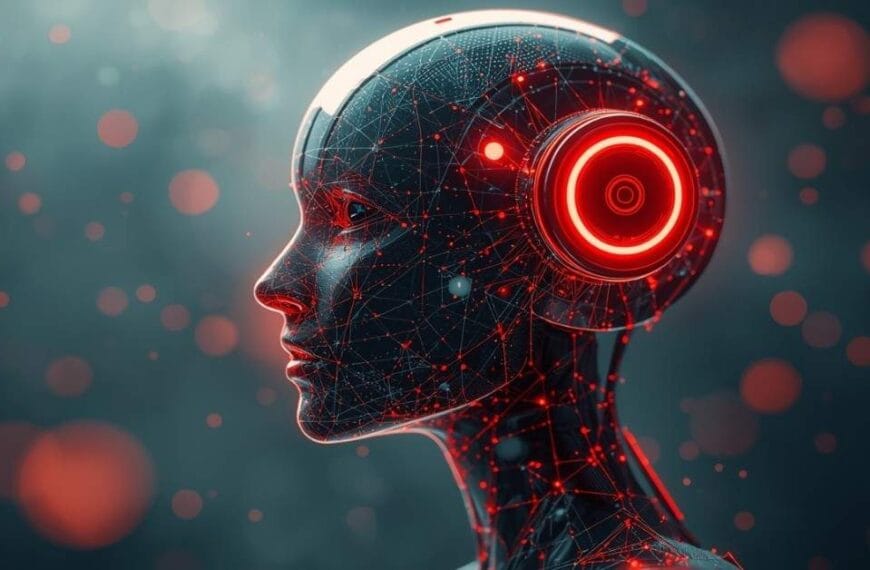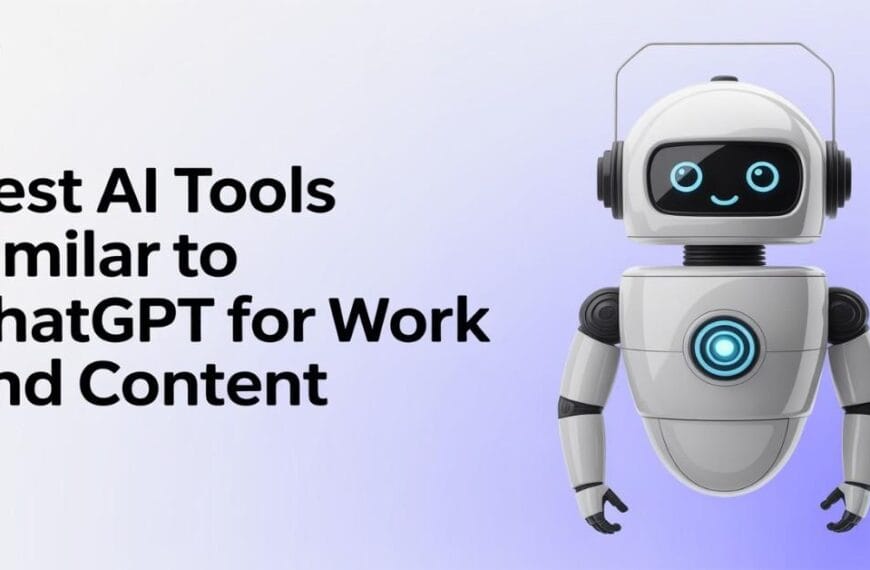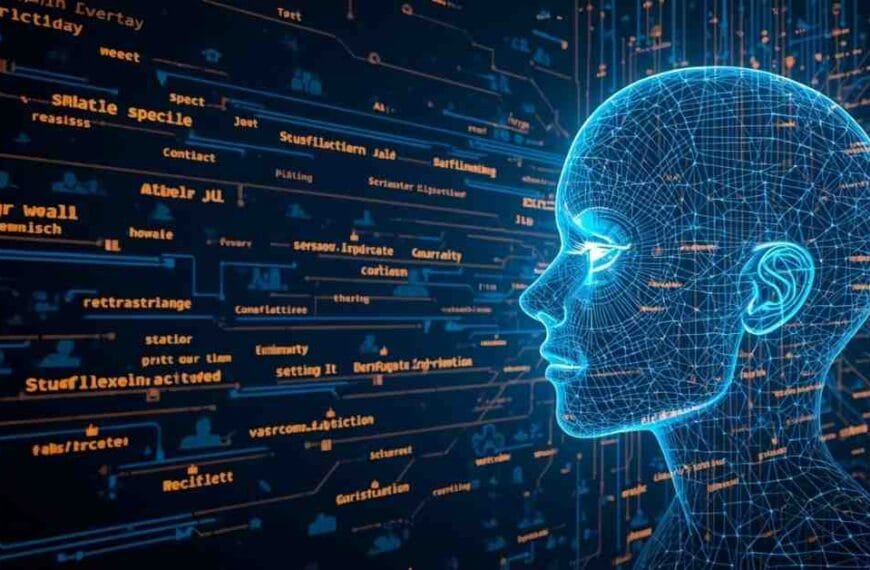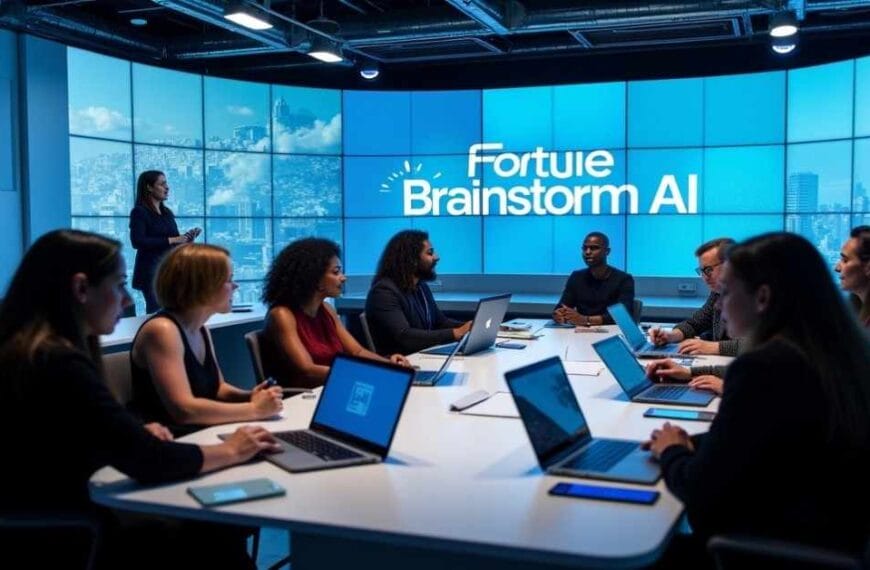Healthcare is tough. People wait long hours doctors stressed patients confused costs rising everywhere. Mistakes happen. Systems break. And here comes AI. In 2025 it is no longer a theory it is real inside hospitals apps and even your watch.
AI is not magic. It cannot cure everything. But it can make things faster smarter more precise. From diagnosis to hospital management AI is slowly taking over the boring the complex and sometimes the life saving.
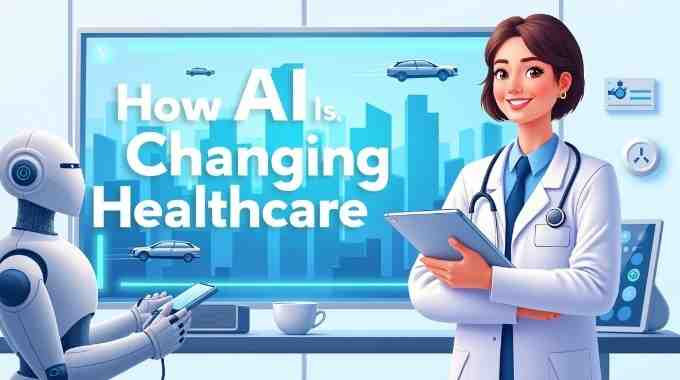
Why Healthcare Needed AI
Population growing old faster. More chronic diseases. Doctors cannot keep up. Humans get tired machines don’t. Medical data doubles every year and no doctor can read it all.
So AI steps in. It reads data finds patterns predicts risks. It doesn’t complain doesn’t need coffee break. Doctors use it like a super brain assistant.
AI in Diagnosis
Doctors study years to read MRI X-rays but mistakes still happen. AI scans images in seconds highlights problems doctor might miss.
Example lung cancer detection early stage. Human eye maybe overlook tiny shadow. AI points it out. That can mean life saved.
In 2025 many hospitals use AI scan tools as second opinion. Faster safer less errors.
AI Predicts Before You Fall Sick
Prevention cheaper than treatment. AI models study your health records lifestyle smartwatch data. It predicts if you risk diabetes heart stroke.
Imagine app telling you “your heart pattern not stable go for checkup”. That warning before attack could save life.
In 2025 insurance companies hospitals already testing predictive AI.
AI for Drug Discovery
New medicine takes years billions. AI cuts time. It simulates molecules predicts which compound works better.
During pandemic AI helped find drug candidates quickly. In 2025 pharma companies use AI pipelines to cut years from research.
That means medicine reaches market faster cheaper. Patients don’t wait decades.
Personalised Treatment
Not all patients respond same. AI helps doctors create personal treatment plan. It checks your genes blood reports habits suggests right dose.
No more one-size-fits-all. Less side effects more effective results.
Cancer treatments already using AI personalised approach in 2025.
Virtual Health Assistants
No one likes waiting phone line to book appointment. AI chatbots handle it now. They book slots remind medicines answer common questions.
Some apps also monitor patients at home. Elderly person feels dizzy opens app describes symptoms AI guides what to do. Sometimes it says call ambulance immediately.
It doesn’t replace doctor but fills gap.
Robotic Surgery with AI
Doctors control but AI guides robot arms. Surgery becomes precise. Small cuts less bleeding faster recovery.
AI warns surgeon if tool goes near nerve or artery. Safety improves.
In 2025 robotic surgeries are more common not luxury anymore.
AI in Mental Health
Therapist shortage is big. AI chatbots now provide mental health support 24/7. They listen suggest coping strategies track mood.
Not full replacement for human therapist but many young people find it easier to talk to app first.
Apps like Wysa Replika already trending in 2025.
Hospital Management
Hospitals chaotic. Bed shortage staff shortage medicine shortage. AI predicts demand. It tells hospital flu season coming stock extra beds staff.
Result less chaos smoother service. Patients don’t wait endless.
Wearables with AI
Your smartwatch not just counting steps anymore. It tracks heart rate oxygen sleep stress. AI analyses and alerts.
Example irregular heartbeat detected. You get alert visit doctor early avoid stroke.
Doctors also receive continuous data not just once a year checkup.
AI in Training Doctors
Students now learn with AI simulations. Virtual patients respond to treatment like real. Mistakes corrected instantly.
Future doctors learn faster safer cheaper.
Challenges Still There
AI makes mistakes too. Wrong prediction dangerous. That’s why doctor still final decision maker.
Privacy is issue. Health data very sensitive. Hack risk high.
Cost another problem. Big hospitals afford AI small clinics maybe not. This creates gap.
And ethical worry. Should machine decide treatment? Should insurance deny claim based on AI prediction? Debates going on.
Real World Examples 2025
- US hospitals using AI to detect sepsis early saving thousands lives
- India rural clinics using AI apps for first line diagnosis
- Pharma companies using AI for Alzheimer drug trials speeding results
- Mental health AI apps crossing millions of active users globally
AI healthcare is not future dream it’s happening now.
For Patients
AI means less waiting more accuracy early alerts. Chronic patients get constant monitoring. Elderly feel safer.
You don’t always need to travel hospital. AI apps guide small issues at home.
For Doctors
AI takes paperwork stress away. It suggests diagnosis highlights critical patients. Doctors spend more time with humans less with files.
Burnout reduces productivity rises.
Future Road
By 2030 AI could integrate fully with hospital records. Real time monitoring predictive alerts automatic drug discovery. Healthcare turns proactive not reactive.
But regulation cost and trust will decide speed.
Final Words
AI is not replacing doctors. It is helping them. Smarter faster safer.
In 2025 AI is scanning images predicting risks finding drugs guiding surgery. Patients see results daily even if they don’t know.
Challenges remain data privacy cost ethics. But path is clear. Healthcare is moving to proactive smart data driven.
AI in healthcare is not about future anymore. It’s here making care better today.
